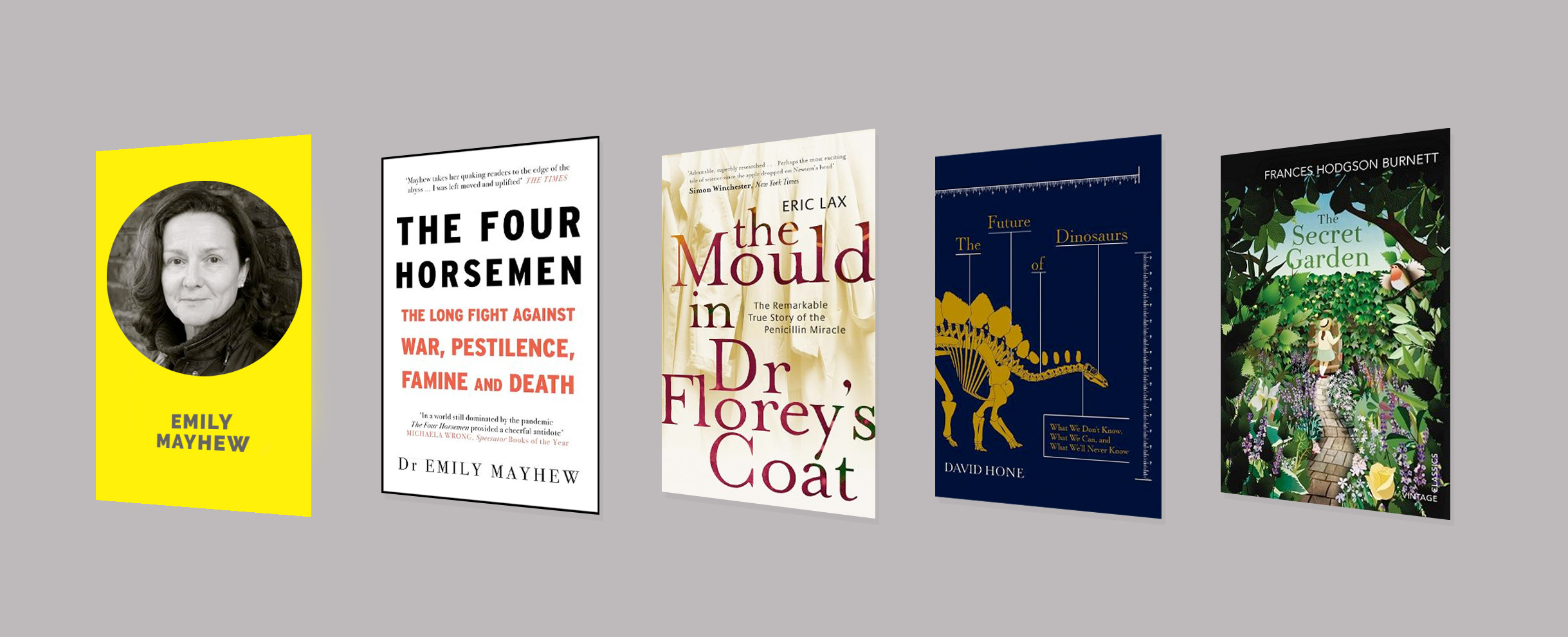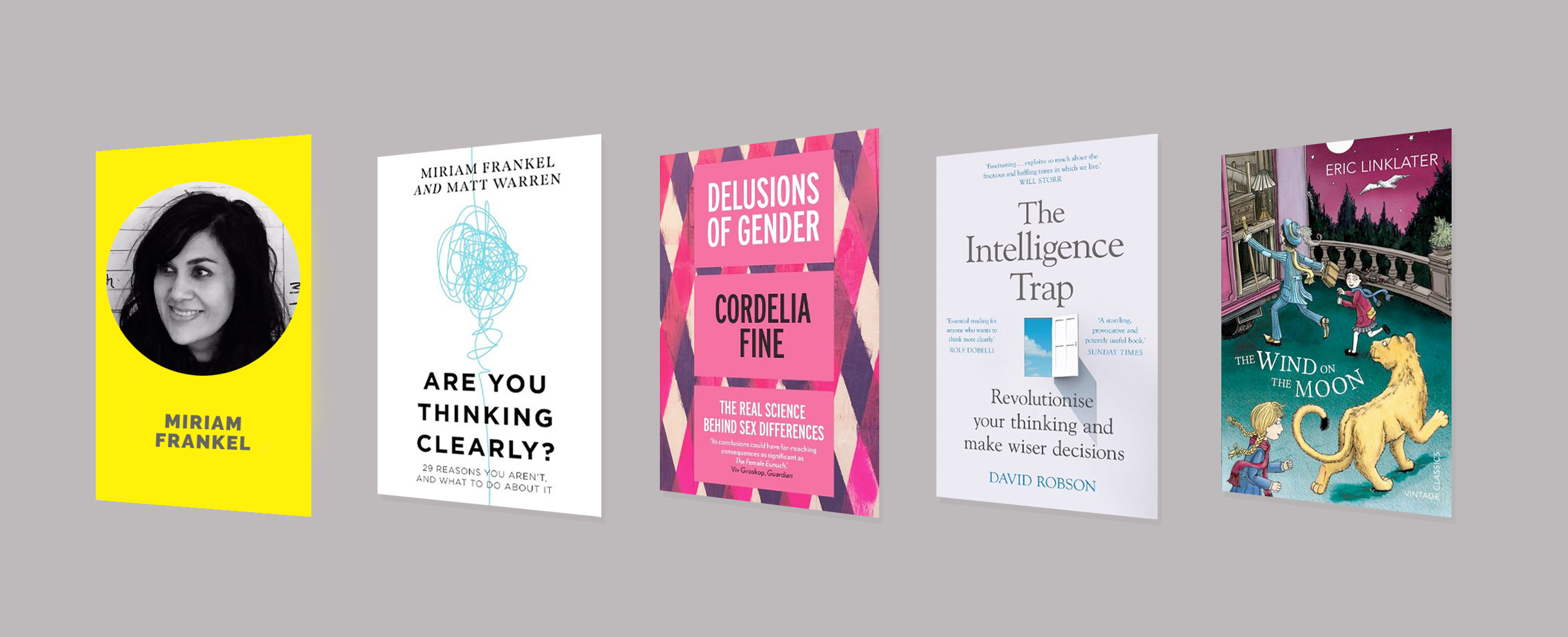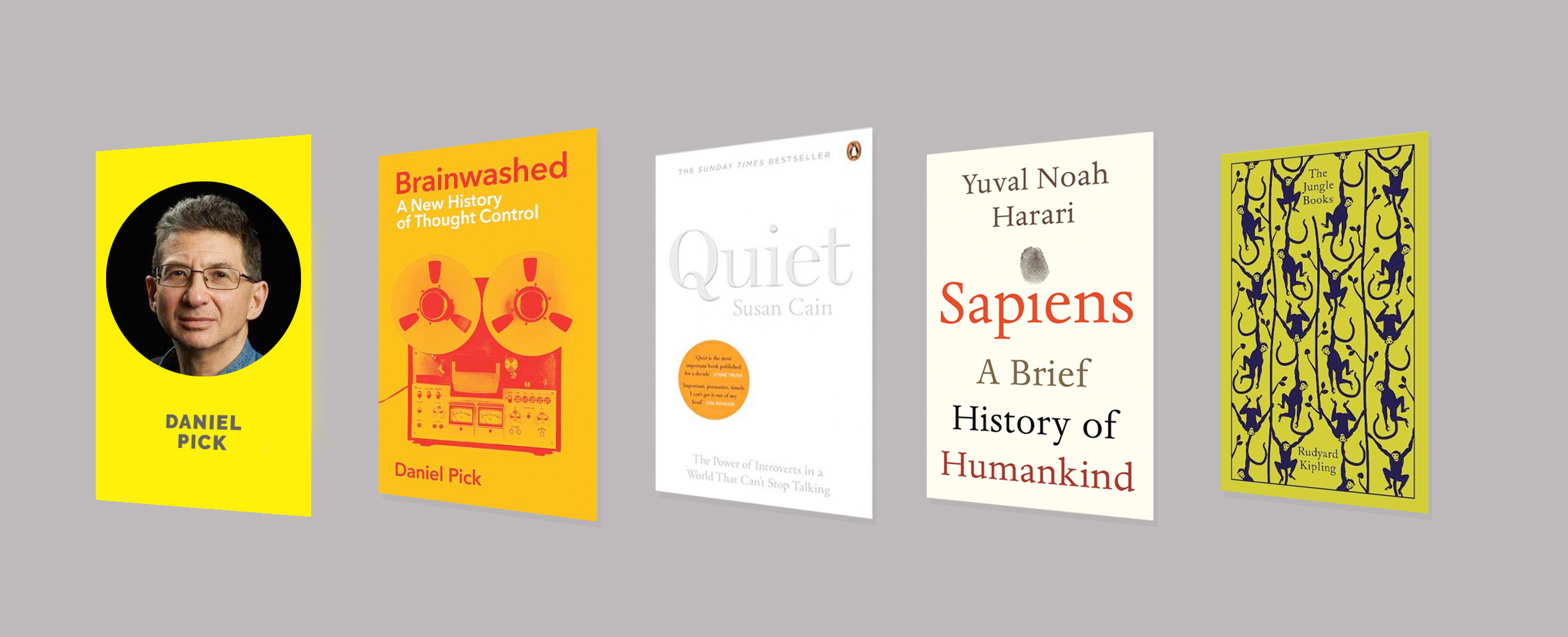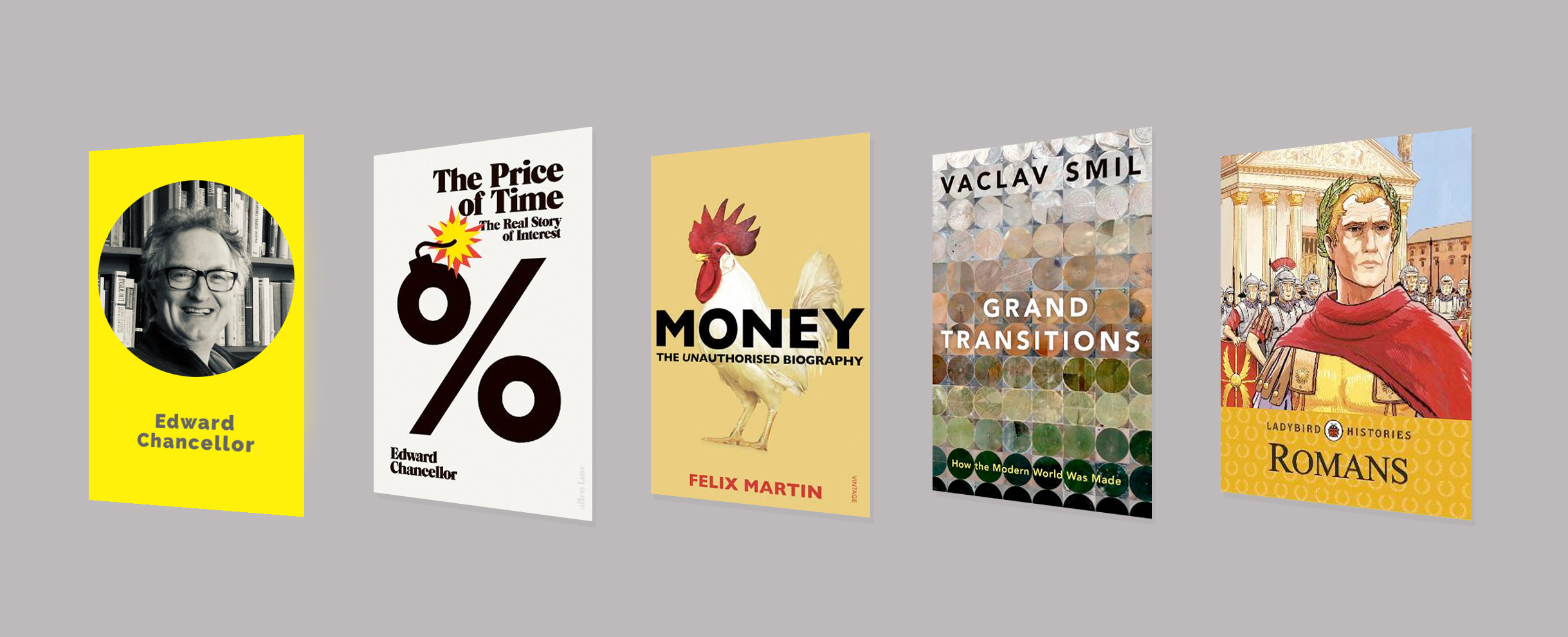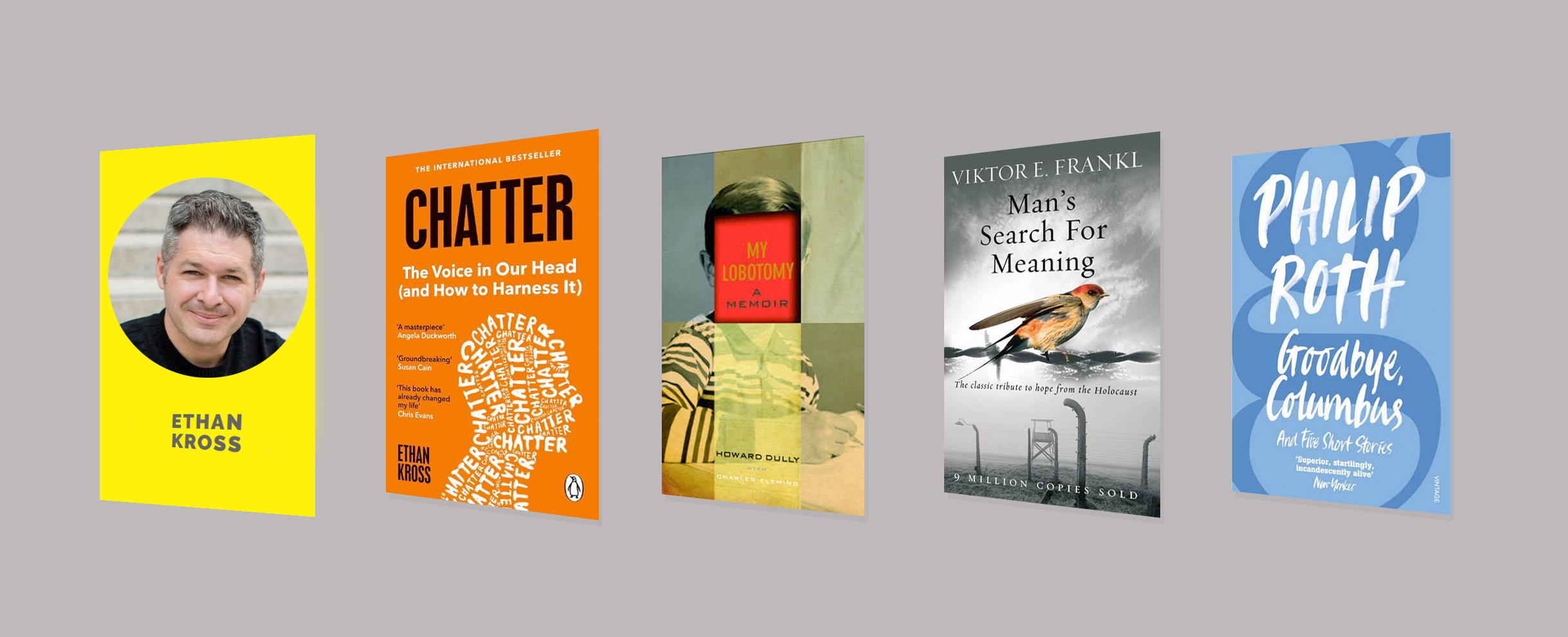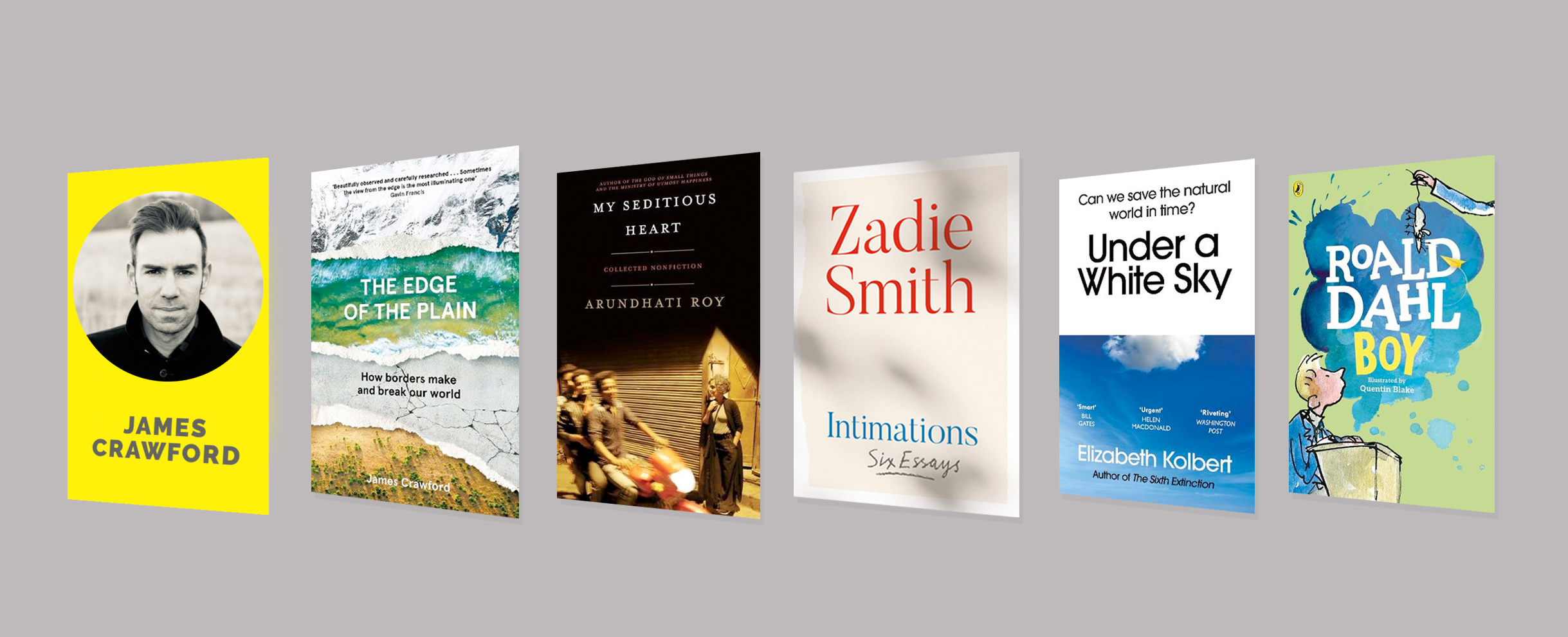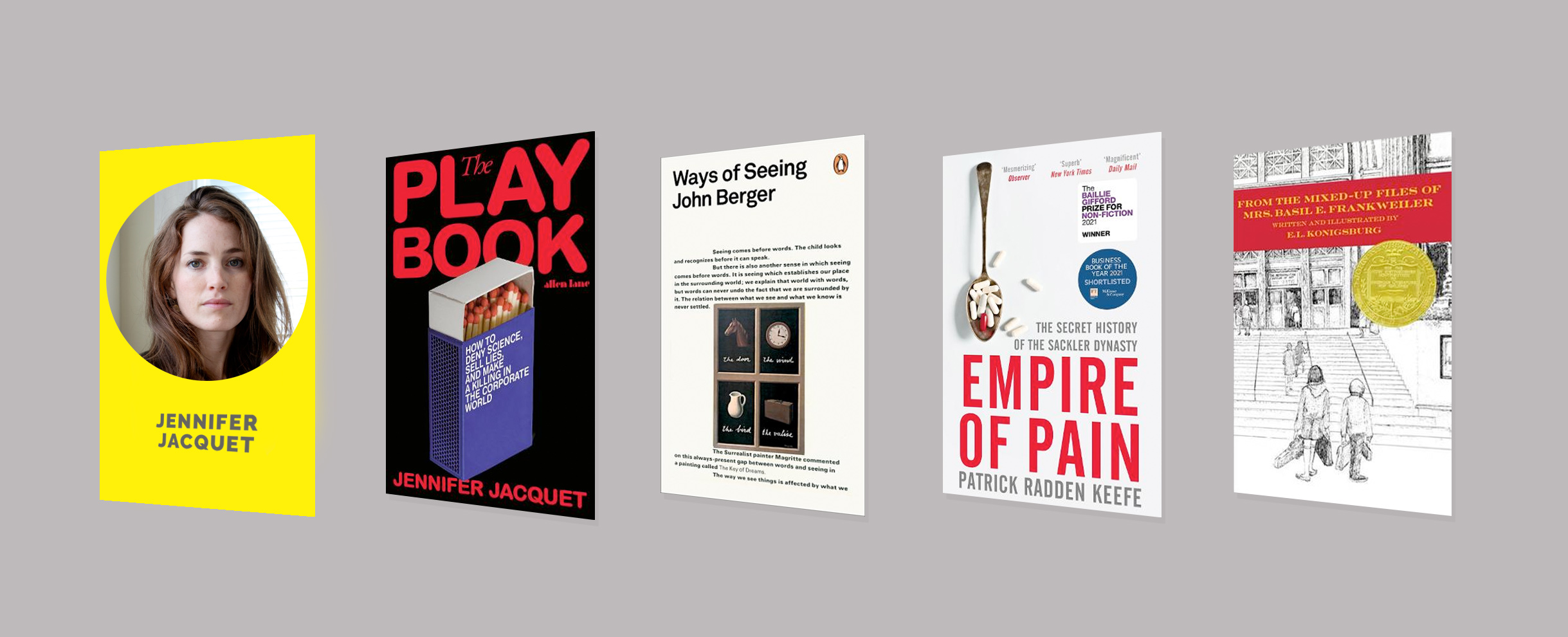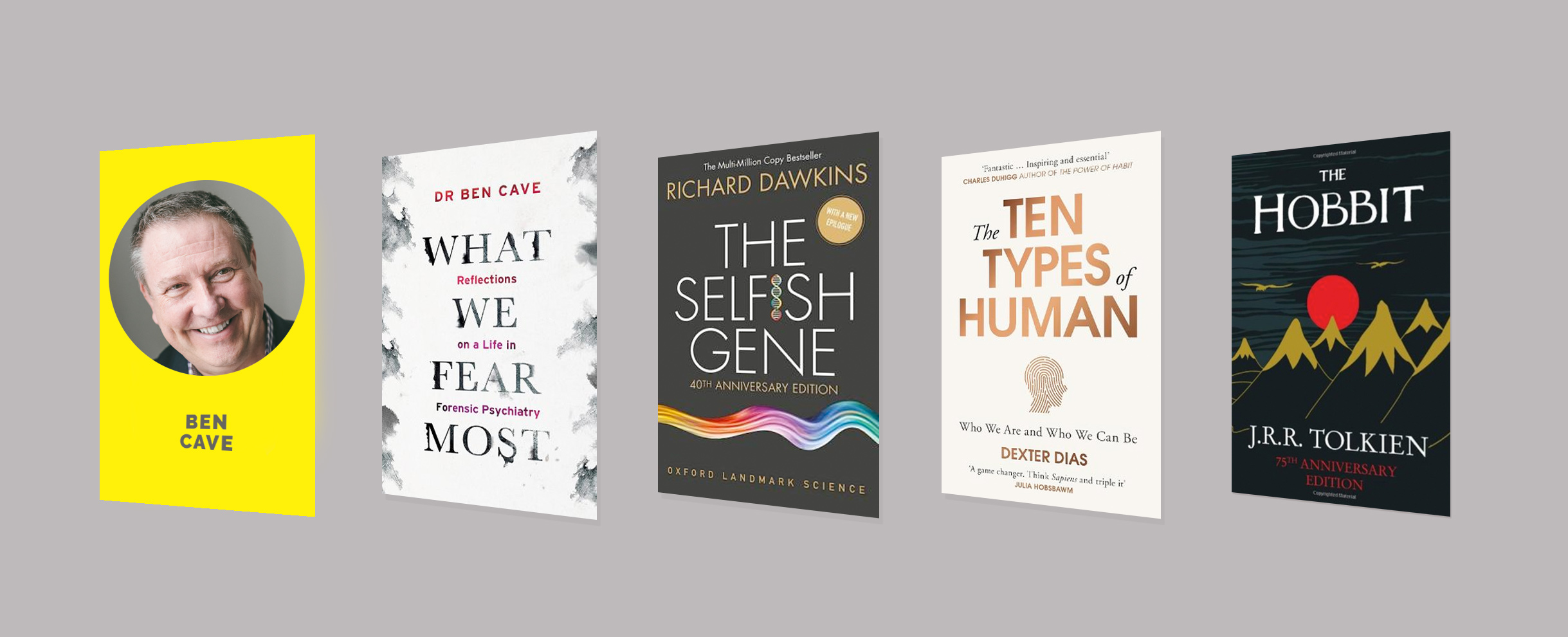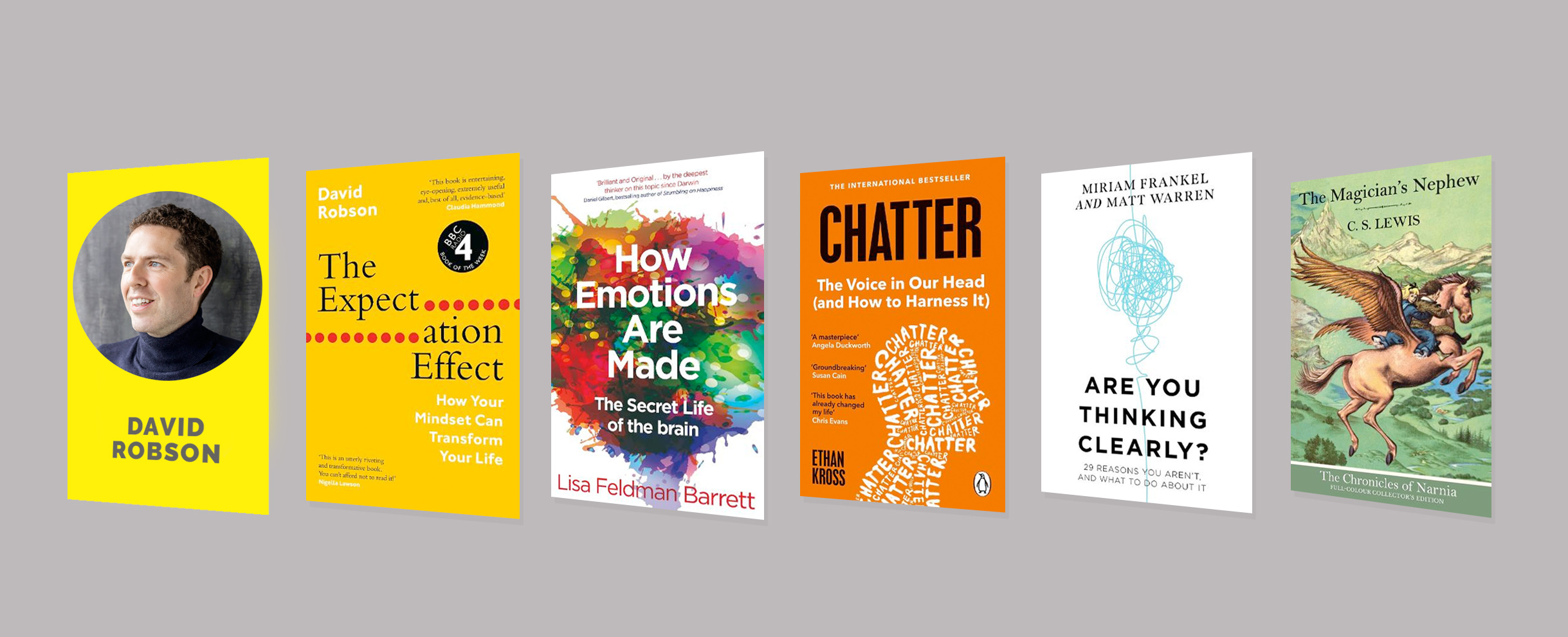Interview with Heidi L. Maibom, author of The Space Between : How Empathy Really Works
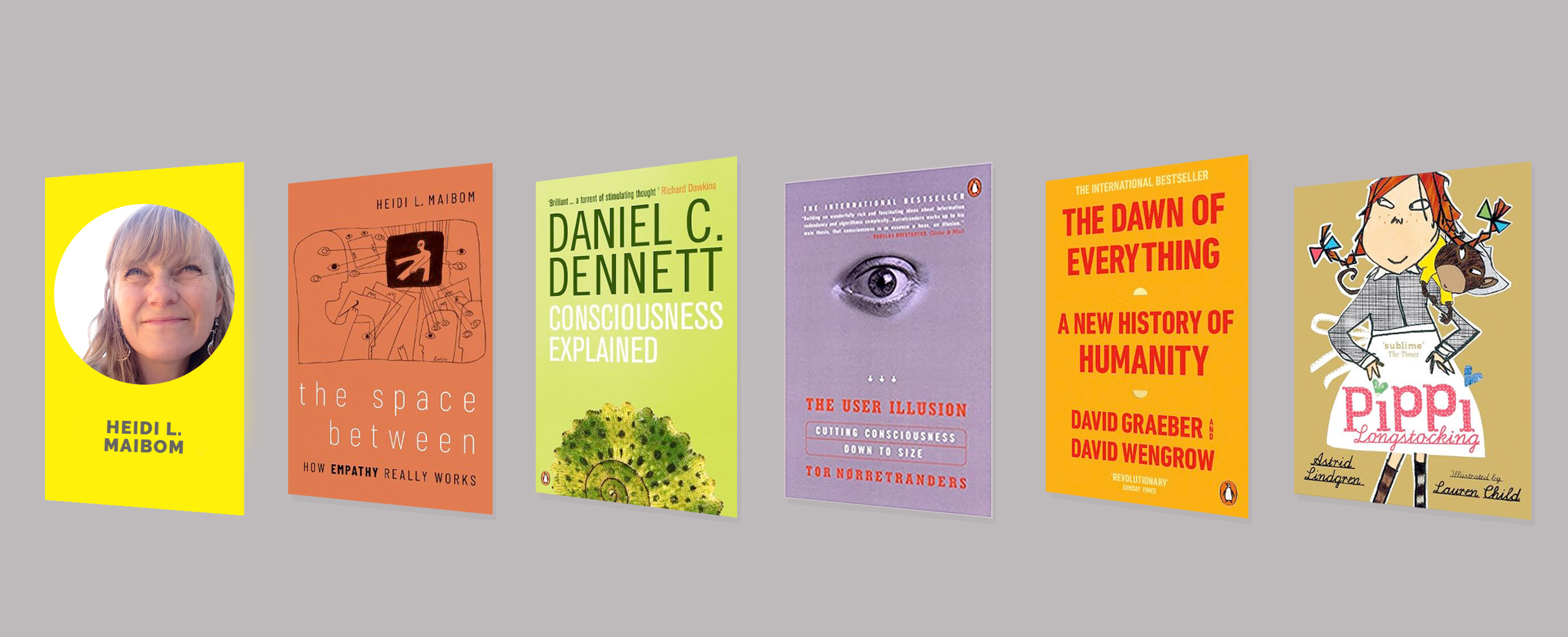
Heidi L. Maibom, author of The Space Between : How Empathy Really Works recommends a fascinating group of books! Before jumping into the interview, please check out Heidi's book:
Review from Book Depository:
When Barack Obama nominated Sonia Sotomayor to the US Supreme Court, his comments that a judge should have "the heart, the empathy, to recognize what it's like to be a young teenage mom, the empathy to understand what it's like to be poor or African-American or gay, disabled, or old" caused a furor. Objective, reasoned, and impartial judgment were to be replaced by partiality, sentiment, and bias, critics feared. This concern about empathy has since been voiced not
just by conservative critics, but by academics and public figures. In The Space Between, Heidi Maibom combines results from philosophy, psychology, and neuroscience to argue that rather than making us more biased or partial, empathy makes us more impartial and more objective.
(All links earn commission from purchases. Prices accurate at time of writing)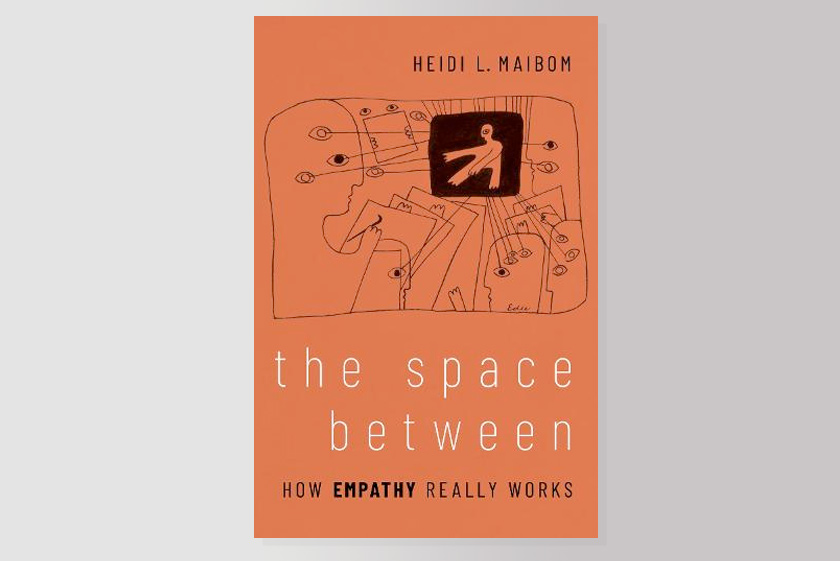
The Space Between : How Empathy Really Works
The problem is that we don't see the world objectively in the first place, Maibom explains. We see it in terms of how we are placed in it: as an extension of our interests, capabilities, and relationships. This is a perspective and it determines what we pay attention to, how we interpret events, and what matters to us individually. It is not private, however. By means of the imagination, Maibom contends, we can place ourselves in another person's web interests, capabilities, and relationships
and, viewing the world from there, experience a new way of interpreting and valuing what happens. This broadens and deepens our understanding of others and the world around us. It also helps us understand the greater reality of who we are ourselves.
Maibom's book weaves together results from philosophy, psychology, and neuroscience to provide a positive up-to-date view of what it really means to take another person's perspective, and how empathy, rather than being the enemy of objectivity, is the foundation of it.
Buy On:
Book Depository €41.81
Waterstones £22.99
Q. Do you have a favourite smart thinking book (and why that book)?
The two books that influenced me most when I as a nascent philosopher and writer and which caused me to practice the brand of philosophy I do--cognitive science or philosophical psychology--were Dan Dennett's Consciousness Explained and Tor Norretrander's The User Illusion (originally Maerk Verden in Danish). Both concern consciousness, what we know, what is surprising about it, and all the outstanding problems and issues. More importantly, both are well written and engaging. I devoured them. They both came out as I was finishing my undergraduate degree and I was wondering whether to do a PhD or find a job. At that time, I had taken courses at the University of London that I felt had expanded my own consciousness. From those writings--and many others, of course--I got the taste for interdisciplinary research that I still have today. Dennett's and Norretrander's breadth of knowledge and the way their writing helps open your mind to new ways of thinking about reality is what I love the most.
Review from Book Depository:
In Consciousness Explained, Daniel C. Dennett reveals the secrets of one of the last remaining mysteries of the universe: the human brain.
(All links earn commission from purchases. Prices accurate at time of writing) Review from Book Depository:
As John Casti wrote, "Finally, a book that really does explain consciousness." This groundbreaking work by Denmark's leading science writer draws on psychology, evolutionary biology, information theory, and other disciplines to argue its revolutionary point: that consciousness represents only an infinitesimal fraction of our ability to process information. Although we are unaware of it, our brains sift through and discard billions of pieces of data in order to allow us to understand the world around us.
(All links earn commission from purchases. Prices accurate at time of writing)
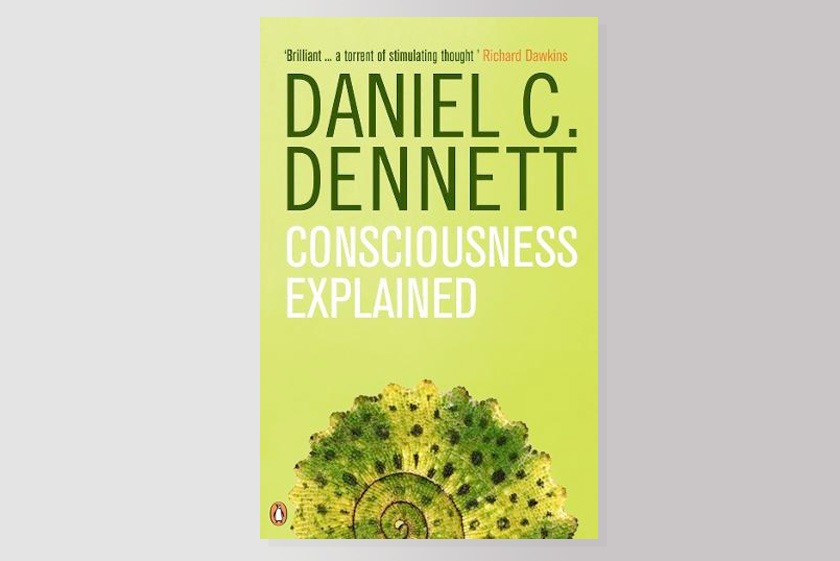
Consciousness Explained
Daniel C. Dennett's now-classic book blends philosophy, psychology and neuroscience - with the aid of numerous examples and thought-experiments - to explore how consciousness has evolved, and how a modern understanding of the human mind is radically different from conventional explanations of consciousness.
What people think of as the stream of consciousness is not a single, unified sequence, the author argues, but 'multiple drafts' of reality composed by a computer-like 'virtual machine'.
Dennett explains how science has exploded the classic mysteries of consciousness: the nature of introspection, the self or ego and its relation to thoughts and sensations, the problems posed by qualia, and the level of consciousness of non-human creatures.
Buy On:
Easons €18.19
Book Depository €11.79
Waterstones £12.99
Wordery $9.42
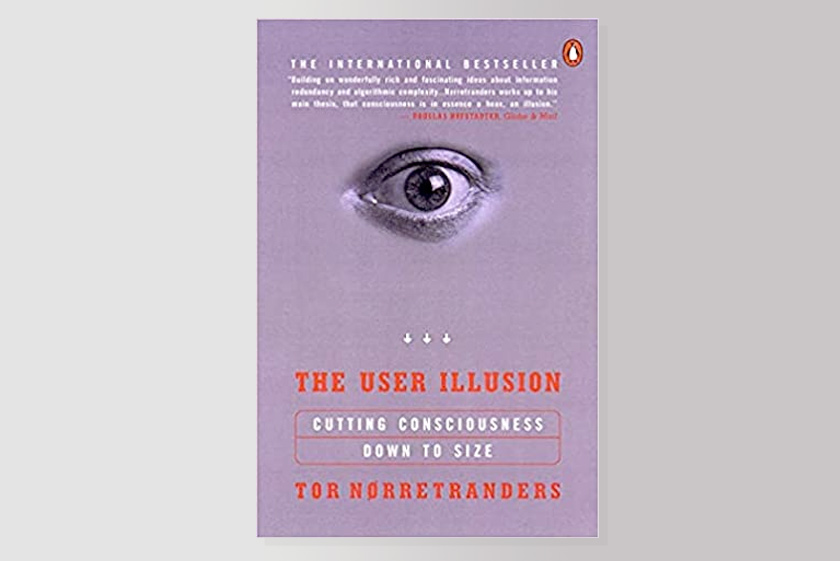
The User Illusion: Cutting Consciousness Down to Size
In fact, most of what we call thought is actually the unconscious discarding of information. What our consciousness rejects constitutes the most valuable part of ourselves, the "Me" that the "I" draws on for most of our actions--fluent speech, riding a bicycle, anything involving expertise. No wonder that, in this age of information, so many of us feel empty and dissatisfied. As engaging as it is insightful, this important book encourages us to rely more on what our instincts and our senses tell us so that we can better appreciate the richness of human life.
Buy On:
Book Depository €18.33
Q. What's the most recent smart thinking book you've read (and how would you rate it)?
I am not sure it's the most recent--I lose track--but it is less than a year ago. David Graeber and David Wengrow's The Dawn of Everything. It's an ambitious re-evaluation of the dogma that with growth of civilization comes increasing inequality. They discuss new archeological findings, re-evaluate some old ones, and spend a long time discussing the early interactions between East American tribes and French and English settlers. The data is not overwhelming in favor of their claim, but it is highly suggestive. What excited me the most was that it completely changed a way of thinking about social organization that I've had from childhood, that I took for granted, and didn't even realize was merely ONE way of thinking about things, ONE way of organizing ourselves. It is also a way of thinking about social organization that helps maintain the status quo of power. Even if you don't believe that the data fully supports their claims, it will help you question everything you thought you knew about power, equality, and social structure. As such it is a dangerous book, I think, but in a good way. It could help change the world by first changing how we think about the possibilities of social organization.
Review From Book Depository:
For generations, our remote ancestors have been cast as primitive and childlike - either free and equal, or thuggish and warlike. Civilization, we are told, could be achieved only by sacrificing those original freedoms or, alternatively, by taming our baser instincts. David Graeber and David Wengrow show how such theories first emerged in the eighteenth century as a reaction to indigenous critiques of European society, and why they are wrong. In doing so, they overturn our view of human history, including the origins of farming, property, cities, democracy, slavery and civilization itself.
(All links earn commission from purchases. Prices accurate at time of writing)
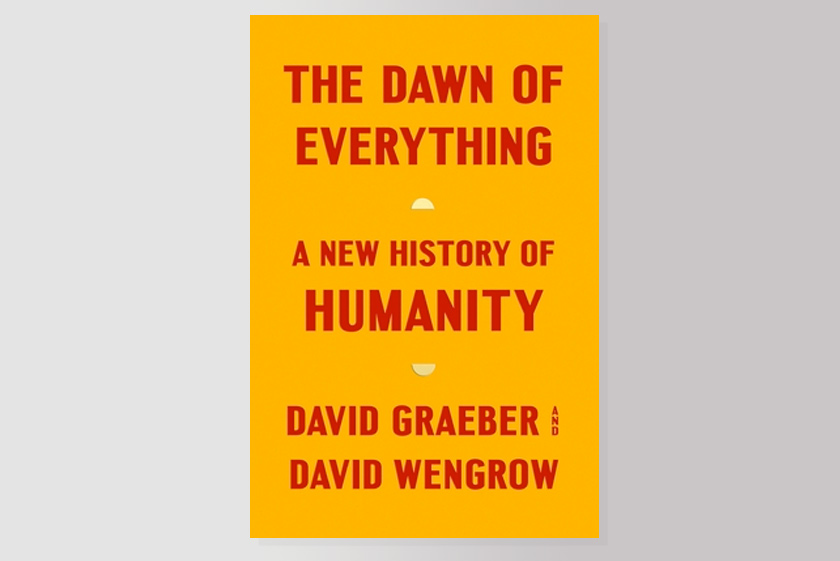
The Dawn of Everything: A New History of Humanity
Drawing on path-breaking research in archaeology and anthropology, the authors show how history becomes a far more interesting place once we begin to see what's really there. If humans did not spend 95 per cent of their evolutionary past in tiny bands of hunter-gatherers, what were they doing all that time? If agriculture, and cities, did not mean a plunge into hierarchy and domination, then what kinds of social and economic organization did they lead to? The answers are often unexpected, and suggest that the course of history may be less set in stone, and more full of playful possibilities than we tend to assume.
The Dawn of Everything fundamentally transforms our understanding of the human past and offers a path toward imagining new forms of freedom, new ways of organizing society. This is a monumental book of formidable intellectual range, animated by curiosity, moral vision and faith in the power of direct action.
Buy On:
Easons €18.20
Book Depository €12.99
Waterstones £10.99
Wordery $12.35
Q. Do you have a favourite childhood book?
I think my favorite childhood book was Astrid Lindgre's Pippi Longstocking. I must have read those books dozens of times. Every time I got ill and was bedridden, for instance. Pippi is everything a girl isn't supposed to be. She is not pretty or quiet. She doesn't dress nicely or do what she's told to do by adults. She's not popular. She's much stronger than any boy her age. She's independent. She's free. Who wouldn't want to be like her? I don't think I realized it at the time, but what so fascinated me about her was her resistance to "what one ought to do", particularly as a woman, without ever failing to be kind. Because she manages to stand outside the oppressive social order, she is able to be fully herself, fully alive. The contrast with her friend, the nice, pretty, conventional girl Annika is so interesting.
Review From Book Depository:
Pippi Longstocking is nine years old. She has just moved into Villa Villekulla where she lives all by herself with a horse, a monkey, and a big suitcase full of gold coins. The grown-ups in the village try to make Pippi behave in ways that they think a little girl should, but Pippi has other ideas. She would much rather spend her days arranging wild, exciting adventures to enjoy with her neighbours, Tommy and Annika, or entertaining everyone she meets with her outrageous stories. Pippi thinks
nothing of wrestling a circus strongman, dancing a polka with burglars, or tugging a bull's tail.
(All links earn commission from purchases that help fund this site. Prices accurate at time of writing)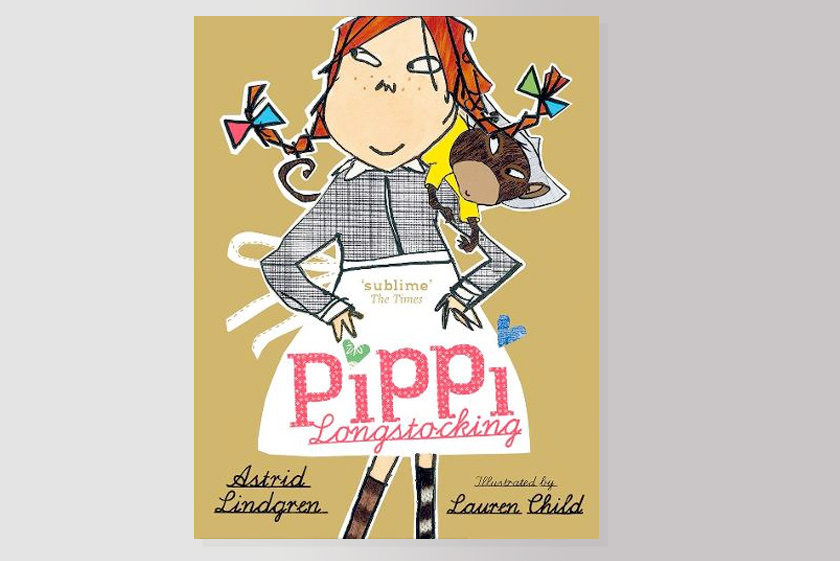
Pippi Longstocking
Generations of children have fallen in love with Pippi Longstocking. Just like Tommy and Annika, readers are instantly charmed by her warmth, strength and sense of fun.
Buy On:
Easons €22.40
Book Depository €18.29
Waterstones £20.00
Wordery $18.57
Q. Do you prefer reading on paper, Kindle or listening to an audiobook?
All. I used to read only paper, but then I discovered audiobooks and I listen to those when I do practical things around the house, run errands, and travel. I have come to love this form of consuming books too. Kindle I especially like for reading in bed since you can turn the light off and still be able to read. I also use kindle when I'm dying to read a book and I cannot wait for it to arrive in the mail. I think I will gravitate more towards this form soon, as I'm tired of dragging my bookladen suitcase around when I travel.
Q. Do you have a favourite bookshop (and why that shop)?
I'm going to cheat a little here. In New York, it's the Strand Book Store; in Paris, it's Shakespeare and Company; in San Francisco it's City Lights; in London it's the Gower Street Branch of Waterstones, which was formerly Dillons (which I used to frequent frequently as a student at UCL); and in Donostia-San Sebastián, where I live now, it's Lagun on Urdaneta Kalea. They are all amazing labyrinths of knowledge, art, and expression. I go there to be inspired, to discern new trends in reading, to re-discovery classics that I'd forgotten, to let experts help me sort through the mass of new publications. I never leave empty handed. Living in Europe right now, I'm struck by how alive and well bookstores are here, while they have mainly disappeared from the USA. My reading here is much more varied, much more fun because going into bookstores helps me discover things I would never otherwise do.
Many thanks to Heidi for recommending a fascinating group of books! Please don't forget to check out Heidi's book The Space Between : How Empathy Really Works.
Daryl
Image Copyrights: Oxford University Press Inc (The Space Between, The User Illusion, The Dawn of Everything), Penguin Books Ltd (Consciousness Explained), Oxford University Press (Pippi Longstocking).
< Home

